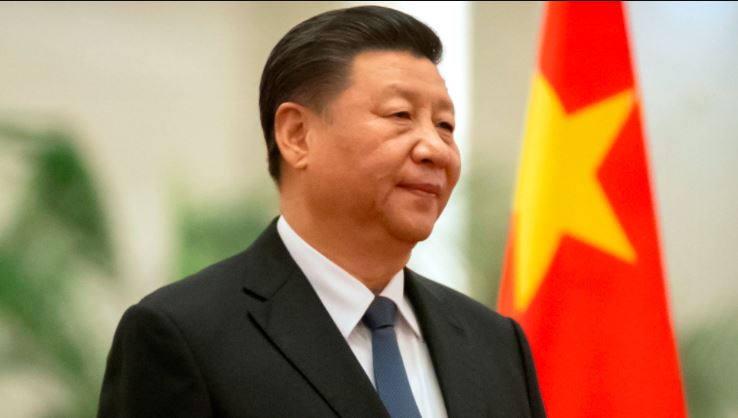According to secret intelligence documents, Chinese drug lords are investing in Beijing’s Belt and Road Initiative (BRI) to launder tens of millions of dollars earned from trafficking cocaine, methamphetamine, and heroin in Australia. Three of Australia’s most powerful organised crime lords have laundered illegal drug money through Beijing-backed development projects in Africa and the Middle East.
According to News Corp, joint inquiries by the Australian Federal Police and the Australian Criminal Intelligence Commission have shown that these ‘investment’ transactions are often made in terms that are ‘beneficial to the host,’ who are unaware of the source of the funds. The news comes only two days after Foreign Minister Marise Payne revealed that the federal government will use its veto power to block the Victorian state government’s 2018 Belt and Road agreement with China, prompting a backlash from Beijing and legal threats.
On Friday, Defence Minister Peter Dutton retaliated, saying Australia would not ‘surrender’ to retaliation threats. He said, “We’re not going to have our values compromised, we aren’t going to surrender our sovereignty”
Two of the Triad’s top executives are Asian-Australian businessmen who are heavily involved in the BRI. One of them is based in Hong Kong and operates a drug-smuggling ring with the aid of outlaw bikie gangs in Australia.
Authorities have linked another individual identified as an Australian Priority Organisation Target to large-scale drug trafficking across the Asia Pacific. Drug money has been traced to Chinese infrastructure projects in Zimbabwe, Pakistan, Oman, and Myanmar, according to authorities.
The drug lords linked to Australia are not the first Chinese organised crime leaders to use President Xi Jinping’s signature trade policy for sinister purposes. Triad groups have allegedly invested their ill-gotten profits in BRI ventures in the United States and elsewhere, according to investigations by the US Department of Homeland Security.
Premier Daniel Andrews of Victoria concluded a memorandum of understanding with China in 2018, followed by a ‘framework deal’ with Beijing in 2019. Victoria’s engineering and construction companies were also able to compete for Belt and Road contracts all over the world. Mr Andrews has previously stated that he made the hidden deal to help the state’s job market.
Senator Payne, however, stated that such arrangements do not comply with Australia’s foreign policy priorities in light of China’s increasingly confrontational stance towards Australia. She said, “I consider these four arrangements to be inconsistent with Australia’s foreign policy or adverse to our foreign relations”
The BRI is Chinese President Xi Jinping’s flagship agenda, and it seeks to assert global influence through development projects. The initiative has been dubbed ‘debt trap diplomacy,’ in which China piles mountains of debt on developing countries, which it then forgives in return for leverage over their foreign policy.
The Communist Party of China was enraged by Australia’s decision to cancel the agreement, and they expressed their displeasure via the Chinese Embassy in Australia. “It further shows that the Australian government has no sincerity in improving China-Australia relations. It is bound to bring further damage to bilateral relations, and will only end up hurting itself,” the statement read.
Since April of last year, Australia’s relationship with its largest trading partner China has been strained. The proposal for an independent investigation into the origins of the coronavirus pandemic, which first emerged in Wuhan at the end of 2019, was the turning point that heightened tensions.
Beijing retaliated by enforcing arbitrary bans and tariffs on billions of dollars worth of Australian products, including barley, wine, cotton, fish, beef, copper, and coal, in response to the call for accountability. But it did not work and Beijing suffered at the hands of its own trade embargos.
The Chinese economy is on the downturn and the BRI project has failed in almost all regions. While Australia has vetoed Victoria’s deal with China, other countries could follow suit. Investor banks have already started to stop funding the project and China has started to rely on its drug lords and gangsters to keep the BRI alive albeit on a ventilator.








